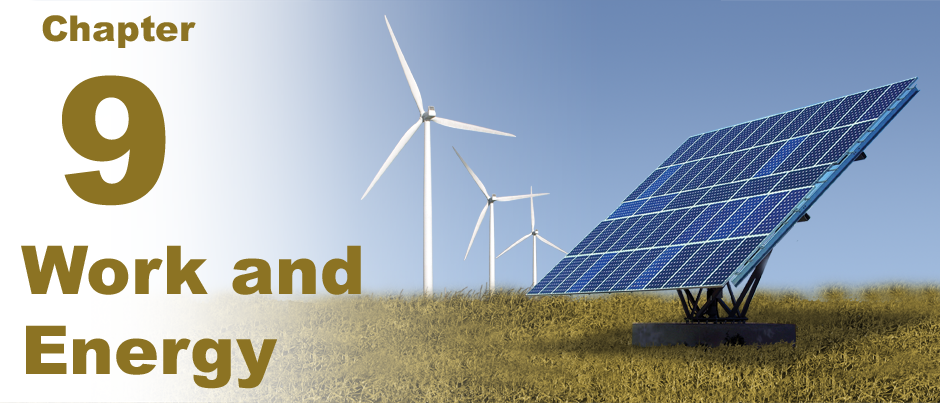 |
Energy is a word you hear every day, whether in the news or on people’s lips. Nations fight over oil for its energy. We expend enormous resources trying to draw natural gas from miles beneath the Earth’s surface for its energy. We accept some risk in order to benefit from the energy released in nuclear reactions. This chapter is about the fundamental nature of energy: what it is and how it is measured and used. Though it cannot be tasted, touched, or weighed in its pure form, energy is the fundamental essence of the universe and the natural currency of change. Anything that changes only does so through the exchange and transformation of energy—whether it be a change in speed, color, temperature, or any other physical and observable quantity. 
|
The average American today uses a thousand times as much energy as their parent’s grandparents did. The energy required to run your air conditioner might be the equivalent energy output of ten people working full-tilt. This energy came to the appliance through electrical wires; the electricity coming into your house may have originated in a power station a hundred miles away. The engine of a moderate-sized new car generates 150 horsepower—roughly the equivalent energy output of 150 horses working simultaneously! Modern energy use is clean, quiet, and simple. Compare turning the ignition key and pushing the gas pedal to having to connect, feed, and clean up after 150 horses every time you need to travel. 
|
Ours is the age of energy. Computers, electric lights, and cars are all energy-intensive technologies. The rising human standard of living goes hand in hand with a steady increase in available energy per person. Where does it end? The total energy in the universe is the same today as it has always been; energy cannot be created or destroyed, only transformed from one form into another. 
|
Why then are we worried about energy running out? Modern technology relies heavily on chemical energy in the form of gas, oil, and coal for transportation, heat, and the electricity that is the lifeblood of the modern world. In recent years we have recognized that energy conversion from fossil fuels has undesirable side effects—the release of enormous quantities of carbon dioxide that impact the Earth’s climate. Today’s emerging energy technologies may transform tomorrow’s cars to use diesel fuel from bioengineered algae, electricity from solar cells, or hydrogen fuel from water. Energy isn’t scarce, but specific forms of energy are limited and some have troubling ecological impacts. 
|
| |
|

